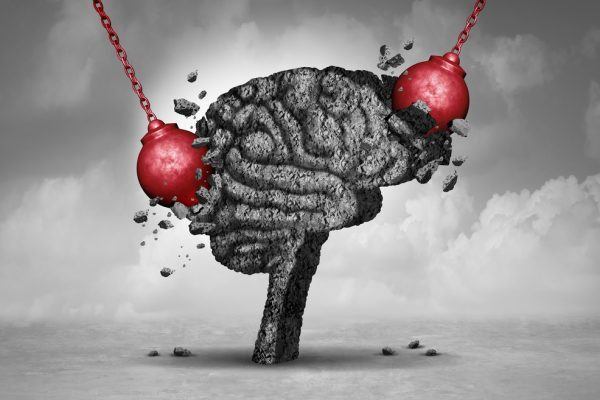Can thinking too much at work get you hurt?
A new study investigated this issued of Cognitive Stress. Cognitive Stress is the term used for thinking. Commonly, people describe the term as “multi-tasking.”
The study discussed the impact of cognitive load on an individual’s ability to perform secondary tasks.
This article will discuss Cognitive Stress, Cognitive Stress’ impact on Workers, and the “Monday Morning Effect.”
What Is Cognitive Stress?
Cognitive Stress can also be described as Cognitive Load.
For example, I can ask you to remember four numbers. Then, I can ask you to remember eight numbers. Then, I can ask you to remember sixteen numbers. Each time there are additional items to recollect it gets mentally more difficult to perform.
One’s judgement can also be affected when subjected to cognitive stress. Bonsang, Eric and Caroli, Eve, Cognitive Load and Occupational Injuries. IZA Discussion Paper No. 14137, Available at SSRN: https://ssrn.com/abstract=3794083
Thus, individuals may be decision when stressed that they would not make when not stressed.
How Does Cognitive Stress Impact Workers?
The study found that the “handling a large number of non-professional activities generates a threat for health at work for individuals in high-risk occupations and with a low level of education.” The study suggested “that when an individual is employed in a high-risk job, distraction is a problem but that a high-enough educational level may help coping with the cognitive burden imposed by multi-tasking.” Bonsang, Eric and Caroli, Eve, Cognitive Load and Occupational Injuries. IZA Discussion Paper No. 14137, Available at SSRN: https://ssrn.com/abstract=3794083
In sum, it appears that individuals with higher educational levels may be able to “multi-task easier than those with less education.
Is There a “Monday Morning Effect?”
Monday Mornings are controversial within workers’ compensation. There are many within the workers’ compensation field that question the veracity of claims that occur on Mondays. One main driver for this opinion is that a worker can get injured on the weekend and then claim that it occurred on the next workday. Generally, the next workday is Monday.
Cognitive Stress theory suggests that Mondays are a time at which individuals get mentally reacquainted with their tasks. Thus, there is a higher level of mental stress activity versus during the week. Currently, the study did not have appropriate data to make such an analysis. The study’s authors believe that their findings were definitely consistent with the possibility. Bonsang, Eric and Caroli, Eve, Cognitive Load and Occupational Injuries. IZA Discussion Paper No. 14137, Available at SSRN: https://ssrn.com/abstract=3794083
What Does This Mean?
In California Workers’ Compensation, since the system is “no fault” in terms of injury causation, this information may not offer most than an explanation as to how the injury occurred. In a disputed case, this information, however, may explain how and why a disputed injury occurred.
What If I Need Advice?
If you would like a free consultation regarding workers’ compensation, please contact the Law Offices of Edward J. Singer, a Professional Law Corporation. We have been helping people in Central and Southern California deal with their workers’ compensation cases for over 28 years. Contact us today for more information.
